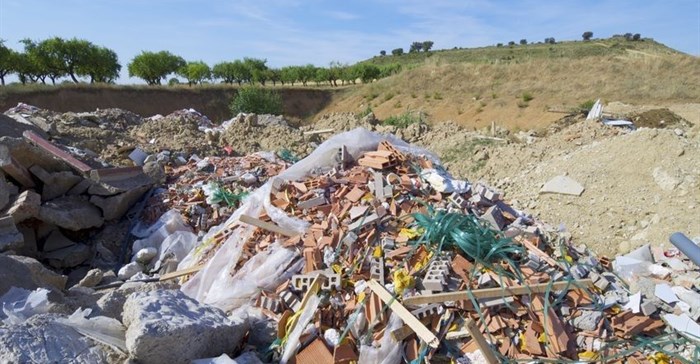
Top stories






More news


Marketing & Media
Ads are coming to AI. Does that really have to be such a bad thing?














Pressure on landfill space, particularly in South Africa, has resulted in the restriction of certain waste types on landfill with complete bans expected within the next few years. The norms and standards set out in the Government Gazette, No. 36784, 23 August 2013 have set timelines for the banning of certain substances, many of which will be enforced within the next 10 years.
In 2019 and 2021 liquid waste and batteries will be banned from landfill respectively. Reduction targets for organic waste disposal of 25% by 2018 and 50% by 2023 have been set, based on the baseline values from 2013. These targets include food and garden waste which are both produced in large quantities spanning several industries. In order to meet reduction targets, landfill sites will increase gate fees indefinitely as the availability of space becomes more limited.
Increased disposal fees and bans of certain waste types from landfill has resulted in an increase in the value of various waste streams. This has improved the businesses cases for treatment and handling of the waste. The economic potential of waste is such that entire businesses have been created around alternatives to landfill. An example of this is the treatment of fluorescent light bulbs.
Fluorescent light bulbs were banned from landfill in August 2016. The business opportunity created by the imminent ban was recognised by two certified fluorescent bulb recyclers, namely Reclite and E-Waste Africa. The companies are the only recyclers in South Africa. Together they have been able to process the large amounts of waste which diverted it from landfill.
In South Africa, concerns exist surrounding the lack of viable alternatives capable of processing the volumes of waste that would be produced through bans. This too is likely to drive up the cost of legally compliant waste disposal. For example, no alternative to landfill currently exists for alkaline batteries within South Africa. Businesses producing these waste types should be mindful of these risks.
For a vast number of businesses outside of the waste industry, the threats posed by the impending legislation are best managed through a strategy to understand the potential risks posed to them and use this knowledge to identify opportunities to alleviate the risks, increase resilience and realise competitive advantage.
In some cases, it is possible to decrease or cease the generation of certain waste types entirely through processes changes. In other cases, on site solutions may be required, however, through the correct management and operation, alternatives often represent more environmentally friendly solutions with opportunities for monetary savings or even income generation.
In the case of organic waste, several viable alternatives to landfill already exist such as composting, nutrient recycling and anaerobic digestion. Composting and anaerobic digestion can be done on almost all scales and produce useful by-products which can be used by the producers.
A business with truly sustainable waste management is one with the ability to incorporate the processing of the waste they generate into their own operations in such a way as to produce useful by-products which they themselves can use. This is not always possible, however, other solutions include the development of enterprises solely to manage and a handle a business’s specific waste needs and the production of by-products which can be sold to off-takers.
Businesses wanting to protect their long-term operability from external factors should aspire for independence from reliance on landfill. Alternative sustainable waste solutions are possible for all types of businesses, producing all types of waste, bridging all industries. Understanding the waste data, the risks associated with waste handling and the opportunities for alternatives is the first step in the movement towards sustainable waste management.
Article published courtesy of www.gcx.co.za.